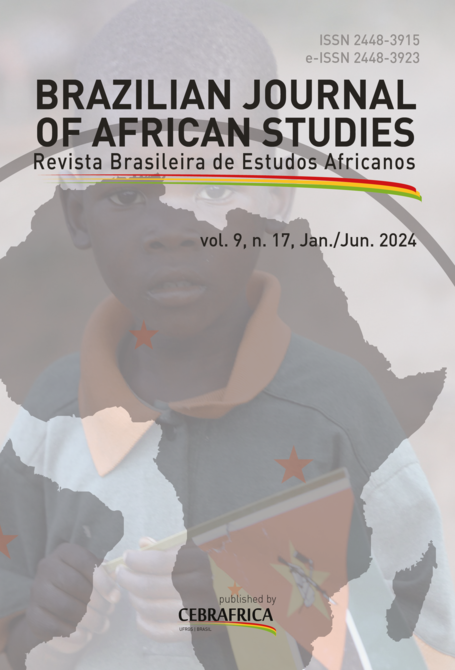CRISIS AND INTEGRATION: REGIONAL ECONOMIC COMMUNITIES AND AFRICAN INTEGRATION
DOI:
https://doi.org/10.22456/2448-3923.141508Keywords:
Regional Economic Communities. African Integration. Intra-regional Trade.Abstract
The African economic integration process is theoretically in its final stage, following the implementation of the African Continental Free Trade Area agreement in 2019. However, this article’s initial premise is that the reality is more complex. Significant challenges remain in implementing the agreement, including varying stages of development among state bureaucracies and uncertainties regarding the scope of integration. Regional Economic Communities (RECs) are crucial mechanisms for advancing African integration, even if progress remains gradual until full continental integration is achieved. This article aims to synthesize the understanding of these regional entities, providing a brief historical overview of their development in relation to various global and regional crises and their impact on African integration. The African Union recognizes eight RECs as part of the economic integration process. However, understanding these communities is complex due to the presence of other regional mechanisms and initiatives, as well as various political subdivisions, such as those employed by the African Union for the geographic rotation of its positions or by the United Nations for regional statistical reporting. The history of the Regional Economic Communities dates back to 1967 with the creation of the East African Community, which was dissolved in 1977. The concept of RECs took its current form in 1975 with the establishment of the Economic Community of West African States. In 1980, the Lagos Plan of Action attempted to replicate this model across other African regions but saw limited adoption. It was not until 1991, with the Abuja Treaty, which established the African Economic Community, that RECs became a fundamental aspect of African integration. Between 1991 and 2000, all African countries joined one of these groups, with most joining multiple communities, as there are no limits on membership.
Downloads
Downloads
Published
How to Cite
Issue
Section
License
The author will hold copyright over the published articles and retain publishing rights.

Brazilian Journal of African Studies is licensed under a Creative Commons Atribuição 4.0 Internacional.


